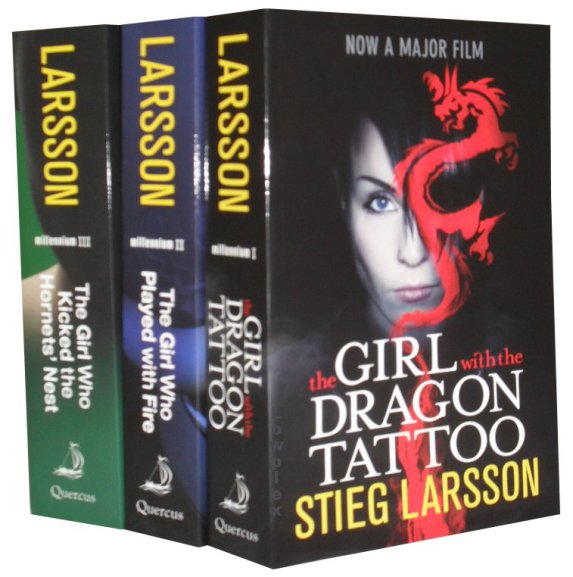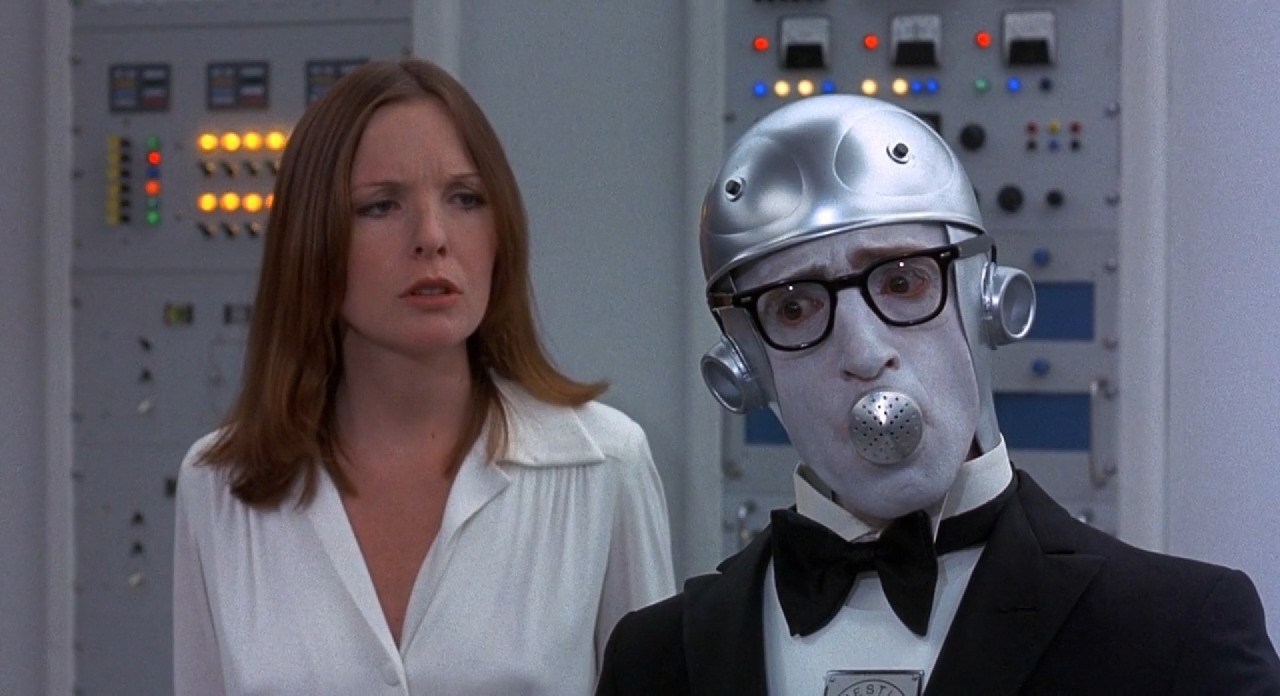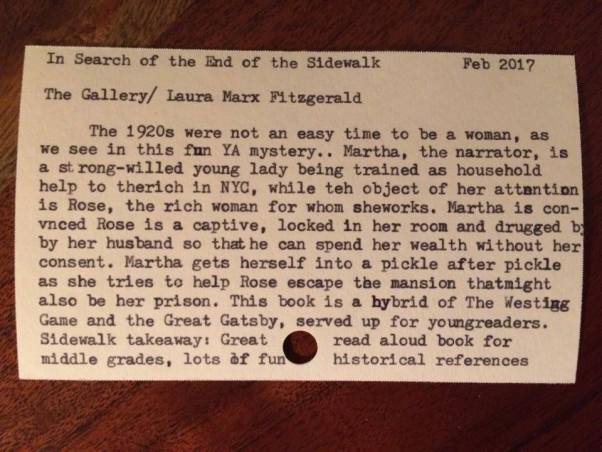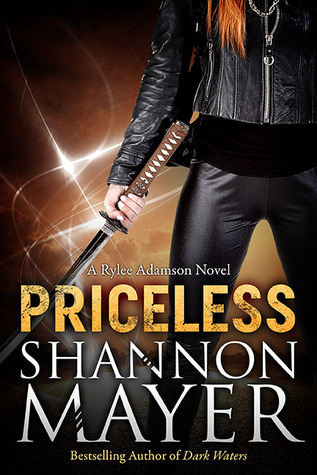Striving to become a better writer, I am going to put some of my favourite masterpieces of popular fiction under a magnifying glass to hopefully learn something from them. I’ll kick off with the phenomenon of Stieg Larsson.

What makes a book into a runaway success? The Girl Who Played with Fire is a triumph: it grabs you from the word go and holds you tight until the last page. It repeats, possibly surpasses, the success of The Girl with the Dragon Tattoo, the first in the Millennium trilogy. I expect that the third one will be equally irresistible.
So let’s see what the main ingredients are.
Firstly, there is the utterly mesmerising heroine, Lisbeth Salander. She is a walking contradiction. A damaged and vulnerable woman in the big bad world; a mathematical genius; painfully antisocial; brutally uncompromising, but also highly principled and moral. Immoral… I could go on. She is absorbing. She draws you into her psyche, but only as far and as deep as Larsson allows you to go. And then you hit a brick wall, and you must tunnel your way through to her past, to what makes her tick.
Secondly, all other characters are fleshed out, living and breathing, preoccupied with their own agendas. Their paths cross and intersect; then diverge, only to align again. The narrative perspective shifts between them rapidly, but they are so distinct and so well drawn that you will never get them confused. The relations between them are complex and multi-layered.
Thirdly, the plot is a masterpiece. Seemingly unrelated events feed into each other like tributaries of a violent, unbridled storyline-river. Deeply-seeded secrets are alluded to at first, then slowly teased out of the characters’ past.
Fourthly, the prose flows easily, unobstructed. It is subservient to the plot and characterisation. It never takes the driver’s seat. You don’t feel the burden of reading – instead, you just absorb the story through your skin.
Fifthly, the background knowledge is impressive. You know you’re dealing with an expert. Whether he is taking about computer hacking, weapons or publishing procedures, Larsen knows his stuff.
Lastly, you are on Salander’s side. She has to win. Good has to triumph. The lines between right and wrong are clearly drawn. That’s not to say that Larsen is politically correct in his portrayal of Salander or her methods. All that matters is that your gut instinct tells you that she is damn-right and so you read on, rooting for her to the bitter end.
Advertisements Share this:




